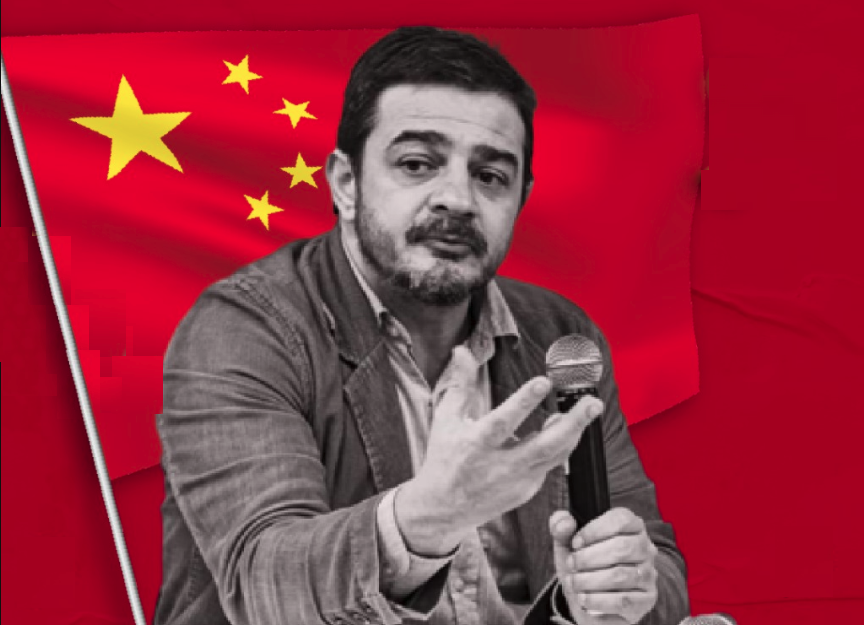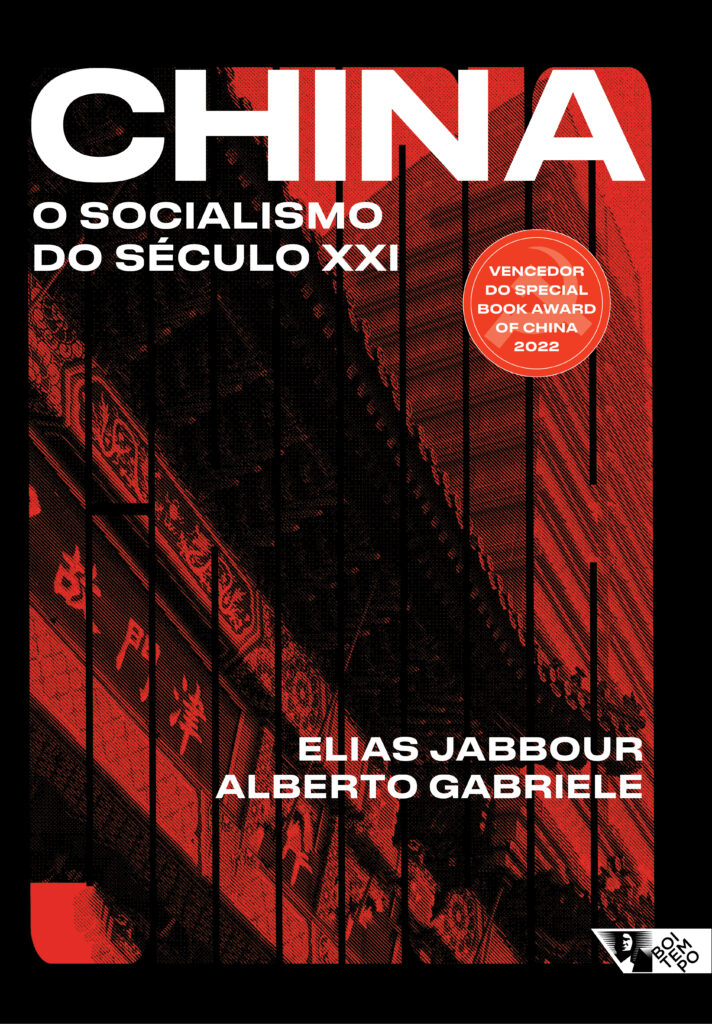
Published 12/06/2023 16:38 | Edited 6/14/2023 3:29 PM
The former president of the Republic and current president of the New Development Bank (NBD), Dilma Rousseff, called on the professor of the Faculty of Economic Sciences at the State University of Rio de Janeiro (UERJ), Elias Jabbour, to assume the Directorate of Research of the New Development Bank (NBD). He took a leave of absence from the classroom to advise Dilma at the bank of the Brics group of emerging nations and is expected to remain in Shanghai for a period of two years.
The information was disclosed by Mônica Bergamo’s column, in Folha de S. Pauloand checked by Red Portal. Due to contractual matters at the bank, the economist cannot grant an interview without authorization from the company.
This Tuesday (13), Jabbour will receive the main Chinese literary award for foreigners, the Special Book Award of China 2022, for editing his book “China: Socialism of the 21st Century”. Written in partnership with Alberto Gabriele and published by Boitempo in 2021, the work had its rights purchased to be edited in Mandarin.
Also read: Iso Sendacz Review “China: Socialism in the 21st Century”, by Elias Jabbour
A member of the PCdoB Central Committee, Elias Jabbour is a professor at the Graduate Programs in Economic Sciences (PPGCE) and in International Relations (PPGRI) at the State University of Rio de Janeiro (UERJ).
With about 25 years of intellectual dedication to the themes of socialism and the Chinese experience, he is the author of the books China: o socialismo do 21st century (Boitempo, 2021); China: socialism and development – seven decades later (Anita Garibaldi, 2019); China today: national project, development and market socialism (Anita Garibaldi/EDUEPB, 2012); China: infrastructure and economic growth (Anita Garibaldi, 2006) and China: development and market socialism (Department of Geosciences, CFH-UFSC, 2006).
chinese socialism

Written for the general public, the book China: Socialism in the 21st Century is a theoretical and statistical work that analyzes the giant that has become, in the last two decades, the locomotive of the world economic system. The differential of the work is to question what Chinese socialism would be, and if it differs from capitalism as we know it so far.
Read also: Elias Jabbour wins China’s highest literary award for foreign authors
The authors consider China’s complexity when fleeing common sense about ideological prejudices against socialism or even the apology for the economic and political system in force in that country. Instead, they analyze the peculiarity of property relations and planning/project tools that the Chinese Communist Party makes available to govern and become a viable alternative to the perennial crisis environment of western capitalism.
The work presents a country that managed, for decades, to reach one of the most stable growth rates in history, going from one of the poorest in the world to the second economy on the planet and that has a vast industrial and scientific base, without ignoring that the socioeconomic system Chinese also carries its contradictions.
According to the current Minister of Human Rights, Silvio Almeida, this “is a book that tends to become an unavoidable point in discussions about the singularities of the Chinese economy and, consequently, the possibilities of redefining socialism”.
Read also: Is it OK for the US to attack China? Until When?, by Elias Jabbour
Economist Luiz Gonzaga Belluzzo considers that “the authors’ adventure strives to discover in China’s socialism the construction of a new economic and social formation that instigates the perplexity of conformists who never tire of asking: State Capitalism or Market Socialism ?”
UFRJ sociologist Carlos Eduardo Martins says that Elias Jabbour and Alberto Gabriele “deliver in this book a rich analytical and empirical material and propose an original synthesis between Marxism, structuralism and Keynesianism that cannot be ignored by social scientists”.
Source: vermelho.org.br

